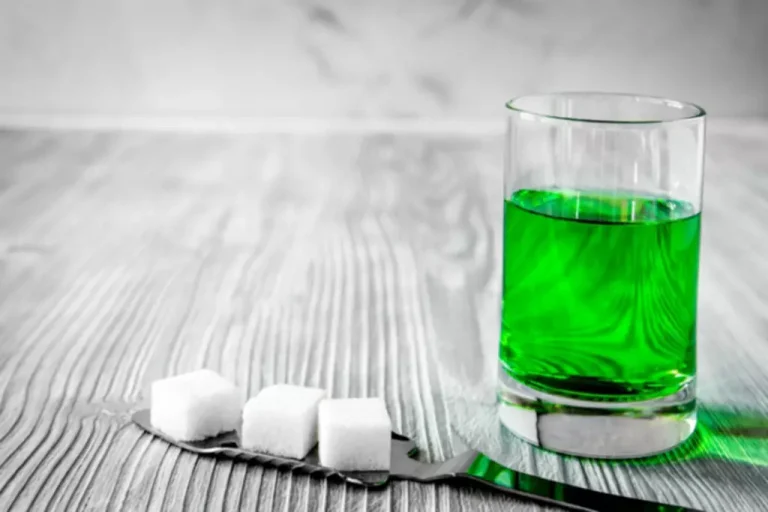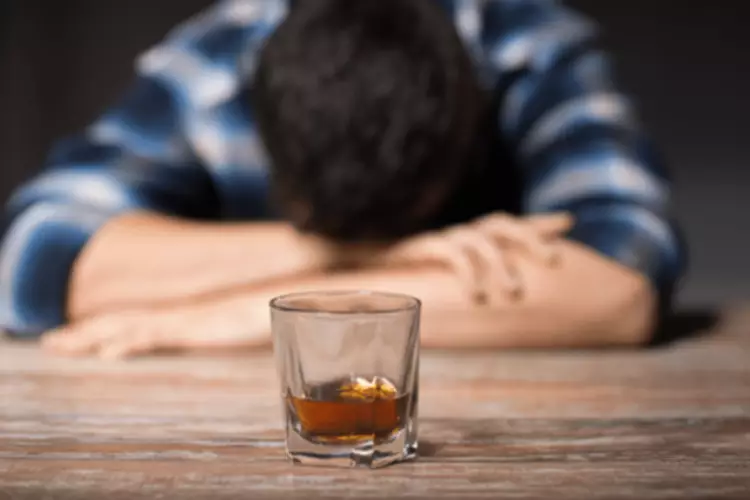
Preparation is over, and real change begins to happen, whether that’s through entering a rehab program or quitting on their own. The ABCD Study® explores the effects of environmental, social, genetic, and other biological factors on the developing adolescent brain. This successful drug addicts study will provide critical insights into risk and resilience factors for cannabis and other substance use to inform future prevention interventions. This would give individuals the right to treatment without delay information and involvement in their treatment.

Stages of Alcohol and Drug Rehab Recovery

Medications are also available to help treat addiction to alcohol and nicotine. Understanding the dynamic nature of addiction, harm reduction aligns with the idea that relapses may occur and should be viewed as opportunities for learning and adjustment rather than as failures. By adopting harm reduction strategies, individuals gain the tools to make healthier choices, manage risks, and gradually work towards minimizing the impact of substance use on their lives. Nevertheless, experts see relapse as an opportunity to learn from the experience about personal vulnerabilities and triggers, to develop a detailed relapse prevention plan, and to step up treatment and support activities. Many types of recovery support are available, and many people make use of more than one type at any time and may shift from one type of support to another as recovery proceeds and needs evolve.
How do people use cannabis?
The preparation stage of the stages of change (transtheoretical) model means a person has moved forward to planning and preparing for carrying out changes they learned about in the contemplation stage. With substance addictions, thorough and thought-out preparation can be important to success. The word „contemplation“ essentially means to consider or think about something deeply.
What is the difference between drug tolerance and drug intolerance?
Behavioral therapies help people in drug addiction treatment modify their attitudes and behaviors related to drug use. As a result, patients are able to handle stressful situations and various triggers that might cause another relapse. Behavioral therapies can also enhance the effectiveness of medications and help people remain in treatment longer. Depending on the goals you set in the contemplation stage, and the plans you made in the preparation stage, the action stage can occur in small, gradual steps, or it can be a complete life change. It may feel strange and even empty to be living life without your addiction. It takes time to get used to life without an addiction, even if your support and alternative ways of coping are good.

Stages of Change in Addiction: A Comprehensive Guide to Recovery
In the early stages of change, social support from family and friends can help motivate you to take action and make healthy choices. In later stages, support groups can offer valuable insights and understanding as you work to maintain your progress. Addiction can have a profound impact on mental health, often contributing to the development of disorders such as depression, anxiety, and post-traumatic stress disorder (PTSD). Substance use disorders affect brain chemistry and function, leading to changes in mood, cognition, and behavior. These changes can create a vicious cycle, where mental health issues and substance use feed into each other and exacerbate the overall condition.
- For example, to move from the action to maintenance stage, one can consider sober living homes, where it’s possible to get used to the real world after rehab.
- During this stage, it is important for individuals to surround themselves with a supportive network.
- It occurs when a person stops taking drugs and begins to experience withdrawal symptoms.
- Your performance at work or school may be suffering, along with your relationships with others.
- From excessive screen time to disrupted relationships, take control of digital dependence.
- In 2019, he founded the video blog „A String Of Hope,“ a platform that has become a beacon of inspiration and positive change for individuals seeking recovery, reaching millions worldwide.
Should I quit alcohol or drugs cold turkey?
Prior to graduating high school, I had used cocaine and heroin intravenously. Relapse is defined to have occurred regardless of whether the addict attempted to stop the drug themselves before seeking treatment or enrolling in a treatment center. This means the person is ready to bring about change in the future, but not immediately. Unlike the previous stage, they’re aware of the pros of becoming drug-free.
- Mindfulness training, a common component of cognitive behavioral therapy, can help people ride out their cravings without acting on them.
- The Scottish Government must report on its progress towards providing treatment to people addicted to either alcohol, or drugs, or both, every year.
- While the phases of addiction lead individuals down a path of substance dependency, the stages of addiction recovery illuminate a separate journey of healing, transformation, and restoration.
- Unlike physiological tolerance, which involves changes in the body’s physical processes, psychological dependence primarily involves changes in perception, subjective experiences, and your psychological response to the drug.
- Copyright © 2024, AddictionHelp.com The information provided by AddictionHelp.com is not a substitute for professional medical advice.

